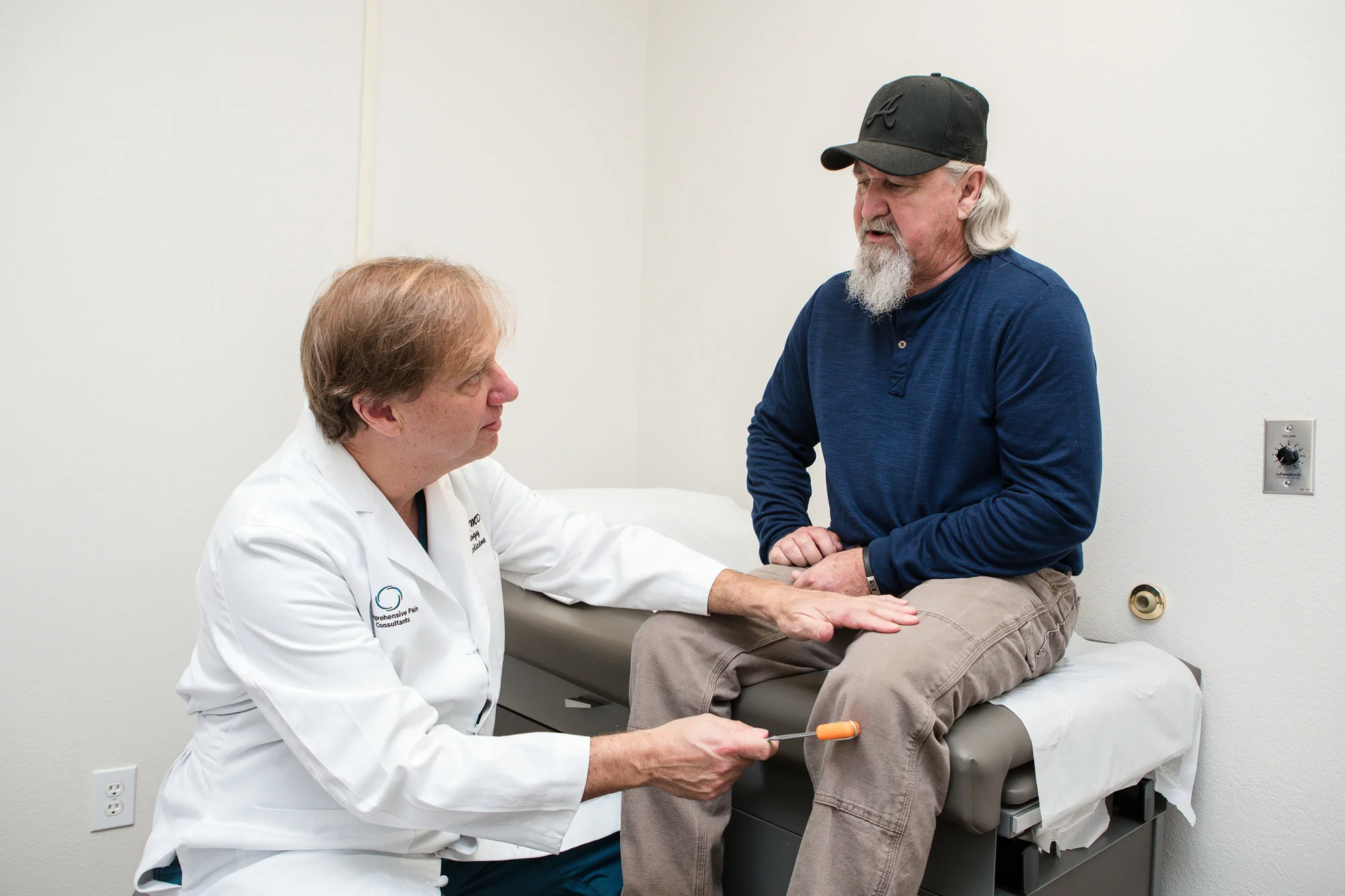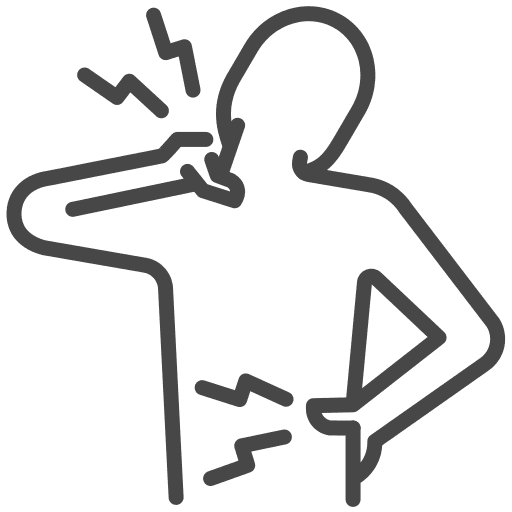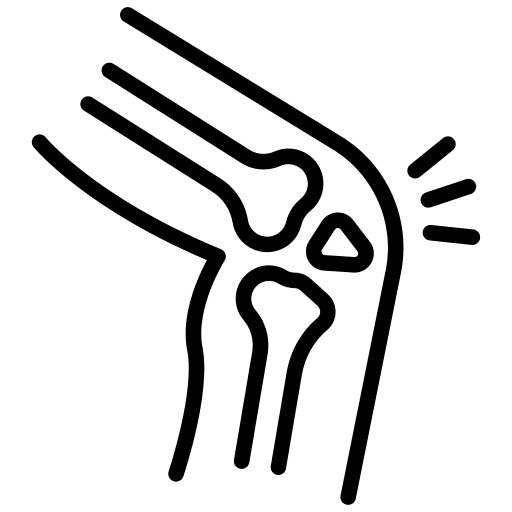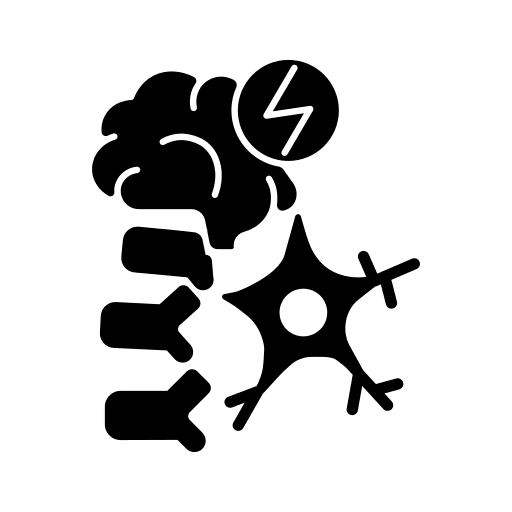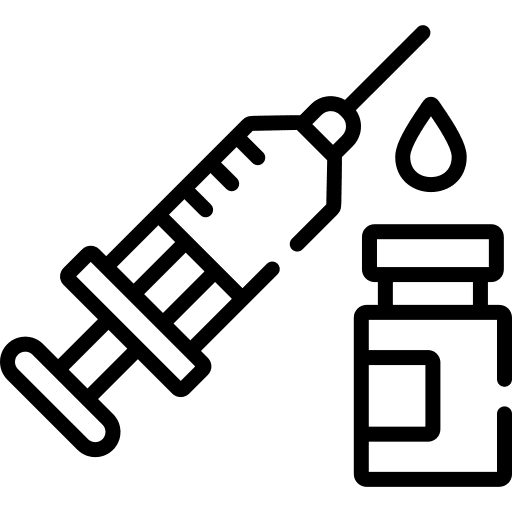
Fibromyalgia is a rheumatological disorder that pain specialists of North Carolina see and treat frequently. Although the cause and cure are currently unknown, there are several treatment methods that have been known to help patients better manage their symptoms. One of those methods is through a carefully curated diet. Read on to learn more about what this means and how to incorporate it into your pain management plan.
How Does Diet Affect Fibromyalgia?
The research related to food’s impact on Fibromyalgia is small. Patients’ personal accounts of relief found from avoiding certain foods or food groups has offered helpful insight for the whole chronic pain community. The trends tend to point towards a healthy diet and regular exercise creating a reduction in some Fibromyalgia symptoms. This is especially true with certain types of elimination diets.
To get a more comprehensive look at all the factors which can impact Fibromyalgia symptoms, view CPC’s own Dr. Edward Lewis’s video on Fibromyalgia and common pain treatment methods.
Take Note of How Your Body Responds to Foods
One of the best tools patients have as they navigate their own personal connection between diet and Fibromyalgia symptoms is a food journal. A food journal helps increase awareness of which foods are causing a reaction. It’s important to note that a reaction can be positive or negative; we encourage patients to keep track of both. For example, some foods may leave a patient feeling lethargic and achy while other foods might increase energy levels.
Items to document in your food journal include the following:
-
Food type
-
Portion/amount
-
Time
-
Location
-
If you ate alone or with someone else
-
Mood before and after eating
Over time patients may notice a trend developing when specific foods are consumed. It is important to share this information with a doctor or other member of their care team so a medical professional can weigh in on the situation. There may be additional insight he or she can offer regarding theories of why and treatments to support these responses. CPC’s pain specialists of North Carolina are accepting new patients if you are looking to add to your care team.
Eliminate Highly Processed Foods
Another method that could be helpful in reducing pain or managing inflammation is eliminating highly processed foods and chemicals from a patient’s diet. One of the categories this will include is excitotoxins. Excitotoxins are chemicals used to enhance the taste of a food. Examples of common excitotoxins include monosodium glutamate and aspartame.
We recommend patients looking to give this method a try begin with eliminating one at a time so that it’s easier to connect any changes to the correct elimination. Try beginning with the one that’s least difficult so that there’s a greater chance at success. Be sure to read labels on all foods consumed so there’s no accidental slip-ups.
Add in Natural Sources of Energy
One of the primary symptoms of fibromyalgia is fatigue. While the pain associated with fibromyalgia may be more unpleasant than fatigue, fatigue can lead a lowered ability to perform therapeutic treatments. It can also lead to a lowered quality of life. To that end, we encourage patients to enrich their diet with foods that offer natural sources of energy – foods low in sugar and high in fiber. Some examples include:
-
Almonds
-
Fish (especially salmon)
-
Kale and other leafy greens
-
Beans
-
Tofu
-
Oatmeal
-
Avocado
Pain Doctor Morganton NC
Pain is complicated. It is often hard to quantify and treat. Therefore, many general practitioners and surgeons refer their patients to us. They know you need a pain specialist with dedicated expertise and experience to completely address your pain. As the region’s premier pain management group, we fundamentally understand that chronic pain is not a symptom. Chronic pain is a disease and must be treated as such. Call today to schedule with one of our Morganton pain doctors (clinics also in 13 Asheville area locations).


